Other Projects and Online Programs
Value Chain Analysis – Congreso Pueblo Wounaan – Native Future, Panama.
Handcraft Sector Specialist.
Daniela was invited by Native Future to develop a Value Chain Analysis of the Wounaan baskets and other handmade products from the Panama indigenous group since its successful sales in the 90s to the present time, being considered one of the most beautiful and intricate handmade works in the region and the world.
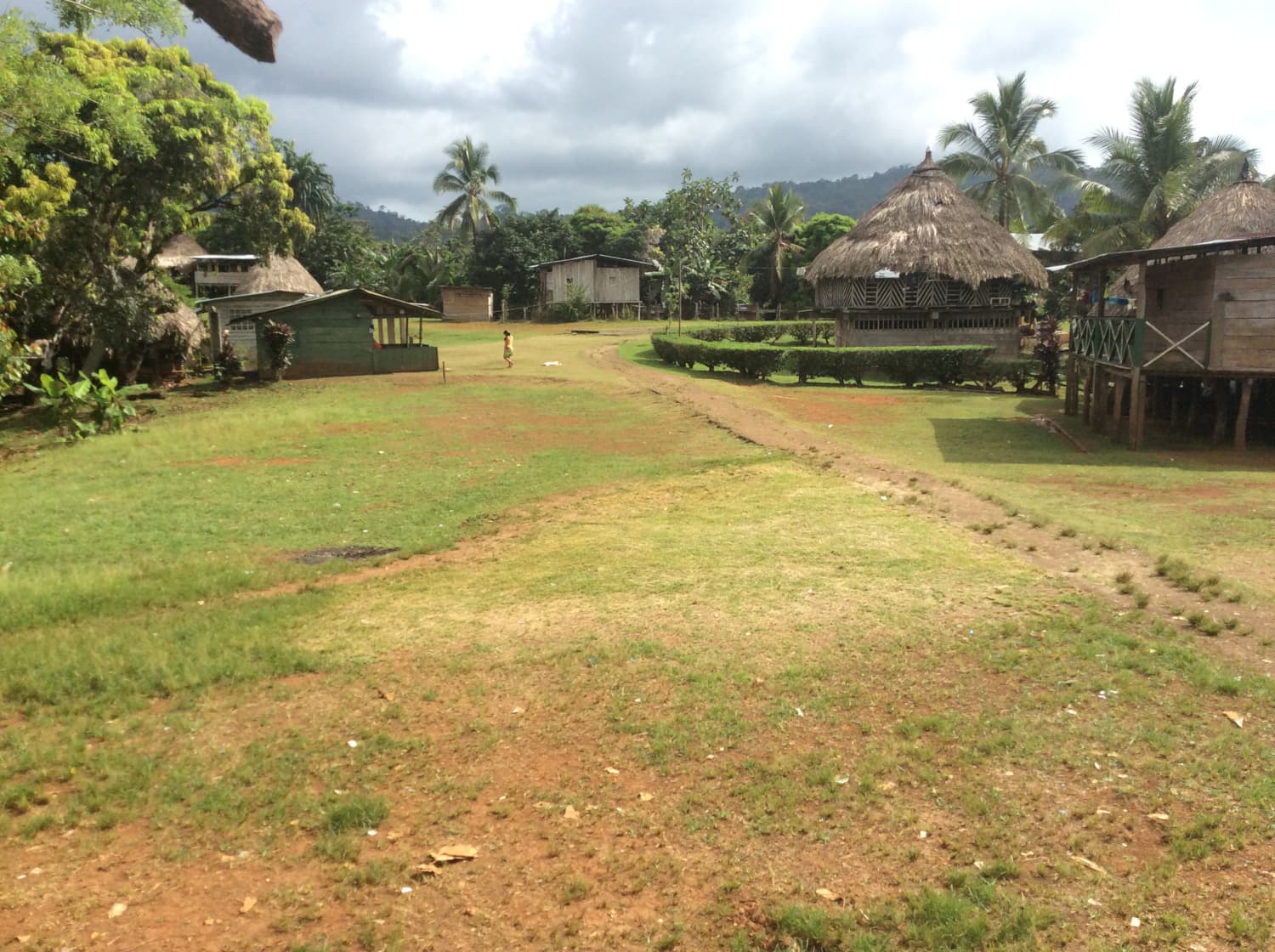
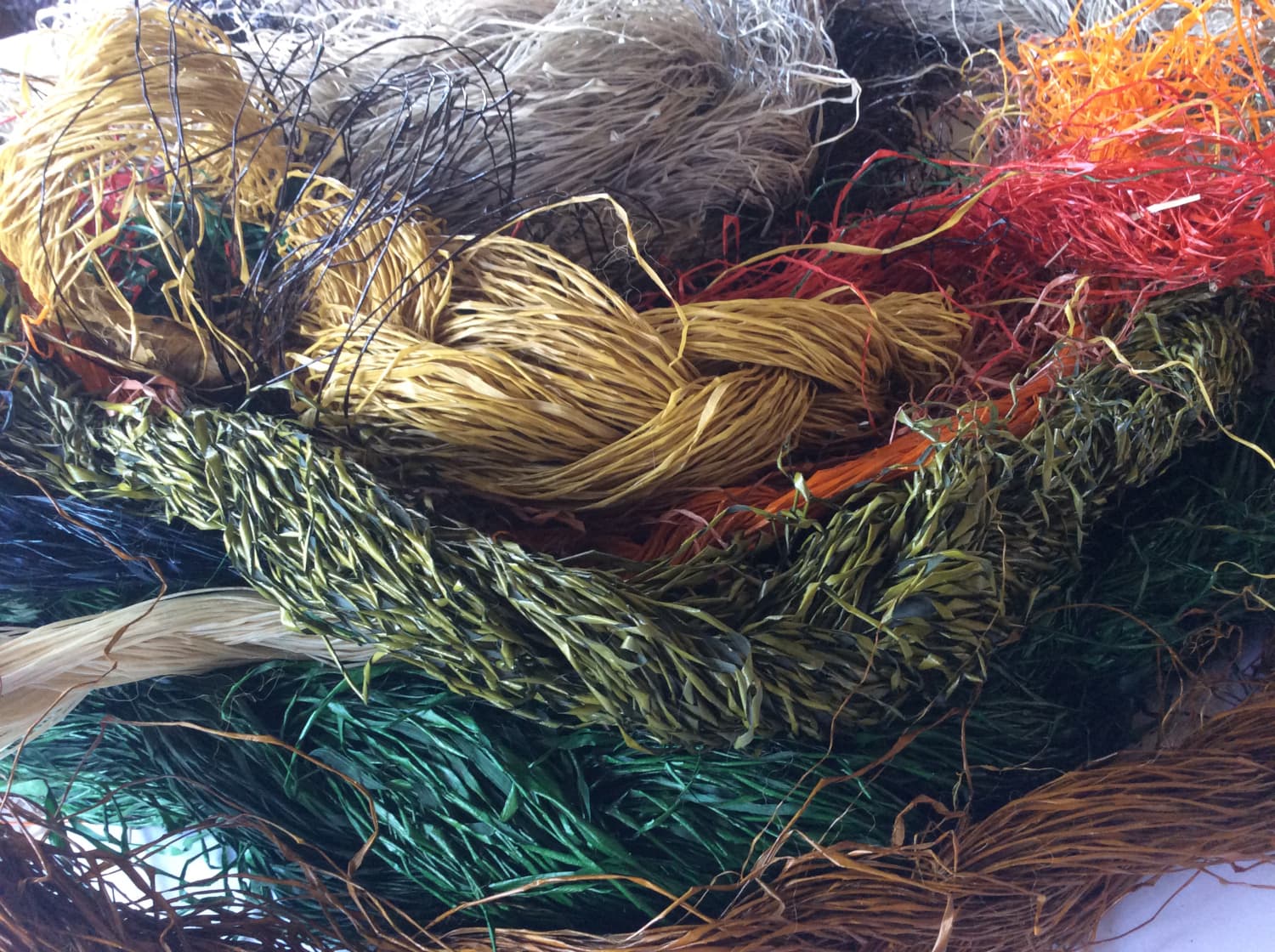
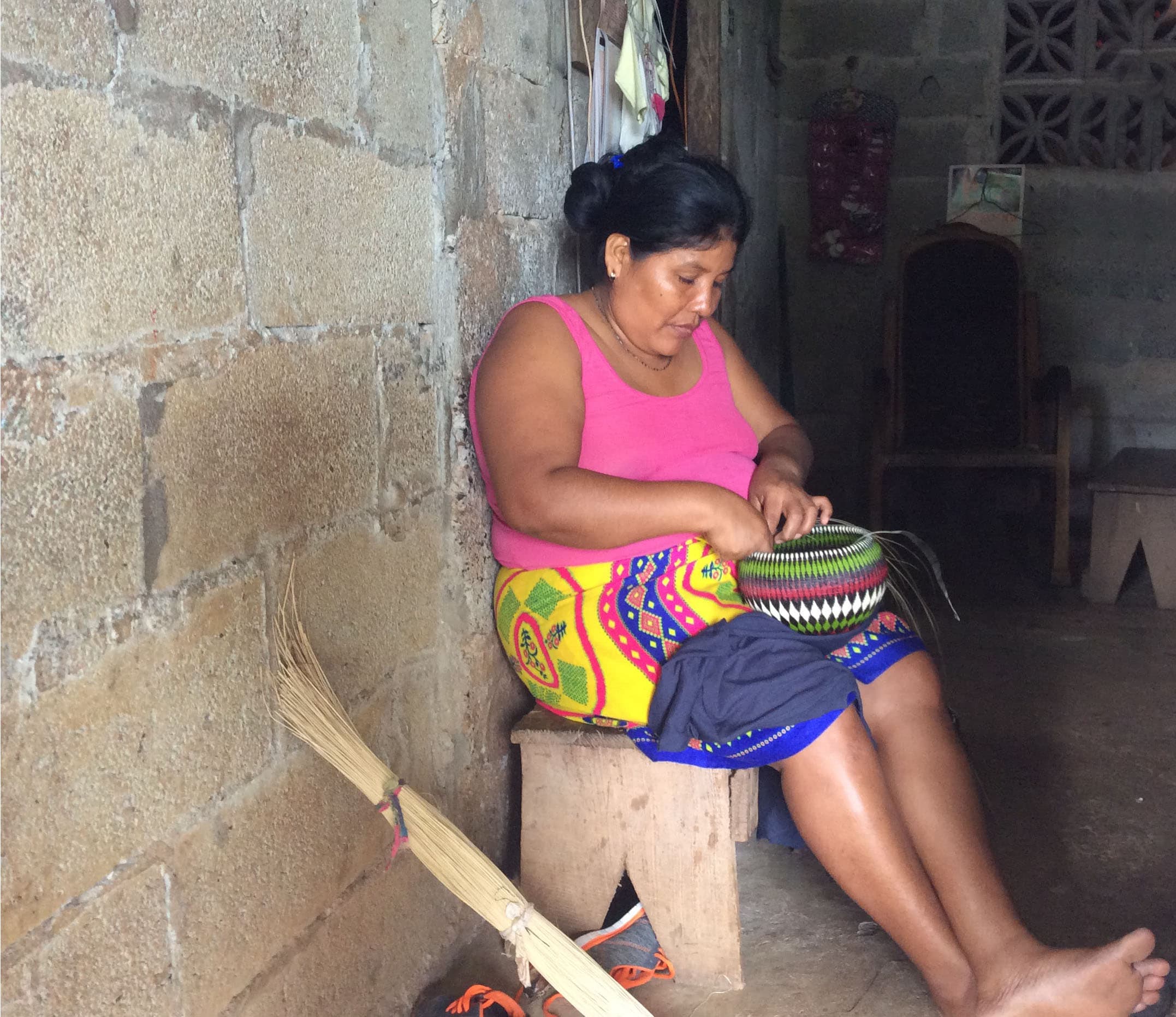
The project was a unique opportunity to develop specific research regarding value chains within the craft sector and a big challenge due to the nature of artisan activities in local markets that are moved primarily by trust and informal sales agreements. There is barely statistical information in handmade businesses, no written documents about transactions and if there is any from specific buyers during those times, it will be very difficult to find them nowadays. Therefore, the research was based on interviews from the more experienced members of the Wounaan communities leaders and master artisans who were familiar with the history and dynamics of production, especially understanding what happened with the use of Chunga (the tree that provides the raw material for their baskets) and how the communities and weavers tackled with the high demand of that decade that seems had generated the Chunga shortage during the latest years.
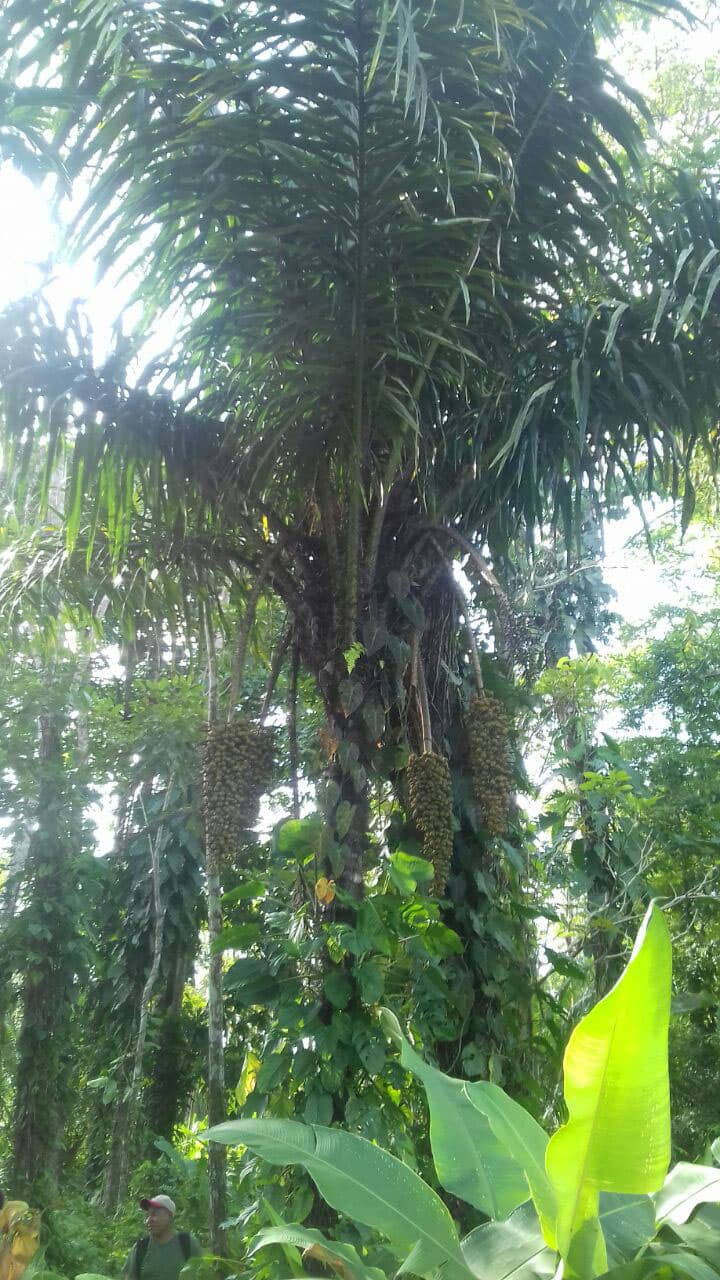
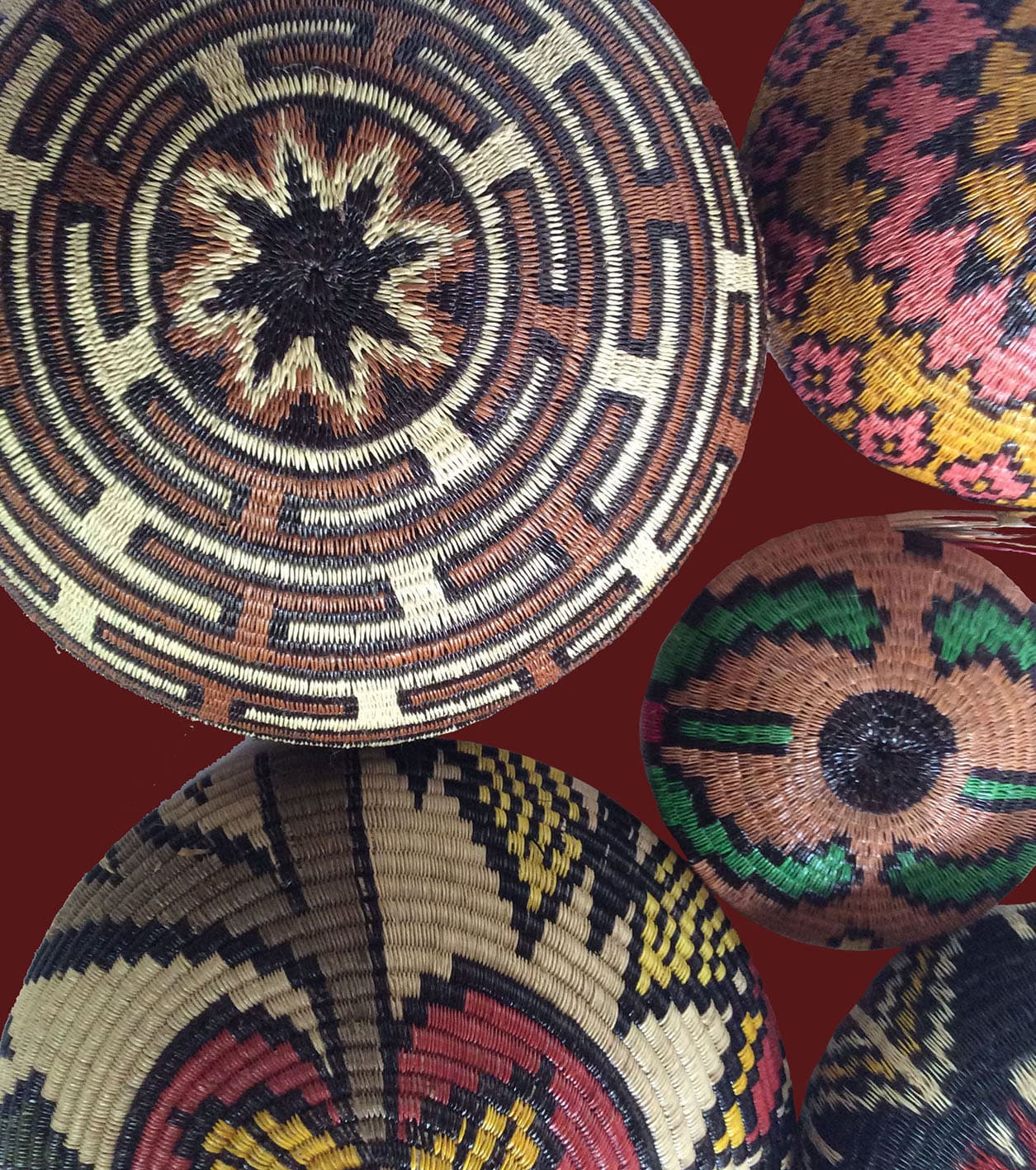
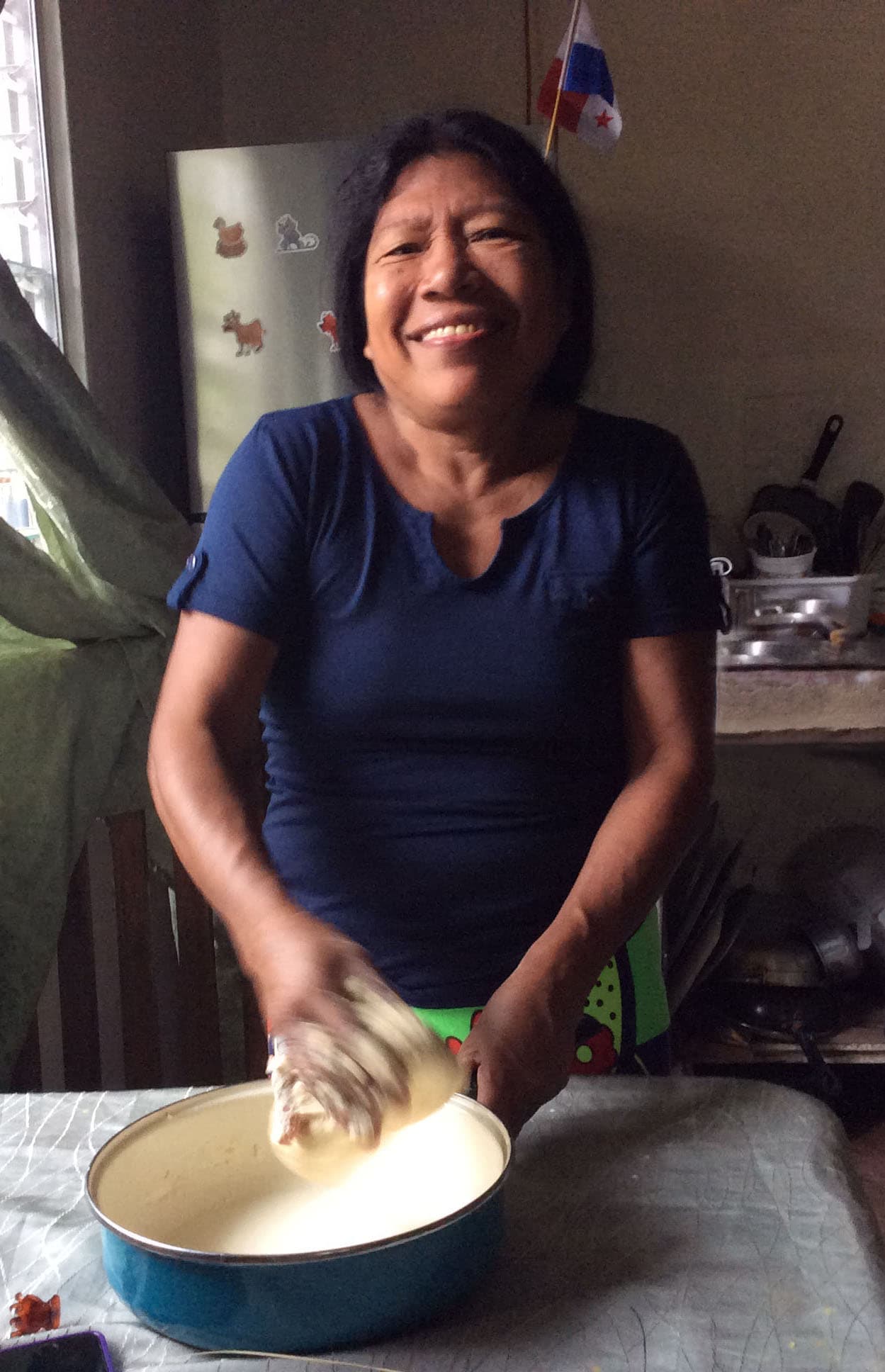
The field work was carried out during January 2018 where most of interviews and research took place along with visiting the Wounaan Communities of Rio Hondo and Platanares where an artisan ́s production assessment led by Wounaan ́s People Congress was organized. Daniela´s long and wide experience in the handcraft sector was of great help to develop this project.
The results were presented to the leaders of Wounaan People and Native Future advisor and represented a contribution to their further planning to better recover and reactivate artisans' work within their communities. Daniela also had advised Wounaan Congress leaders and Native Future regarding new projects for their handmade products.
UNESCO Transcultura – Caribbean Export
Capacity Building Training for Young Entrepreneurs in the Caribbean – Online
Training and Business Consultant for Boscobel St. Mary
The work required curriculum development for a Training Program to provide technical expertise in essential skills for export-oriented entrepreneurship. The Capacity Building training was designed by Daniela based on the Modules suggested by UNESCO and its prepared presentations for the Training Modules: Product Design & Innovation; Business Strategy & Entrepreneurship; Costs & Financial Management; Pricing, Marketing, E-marketing, Sales & Distribution; Export Marketing & Management; Pitching & Fundraising. The Program also included an Individual Mentorship section after the training and an online fair trade activity.

Each of the modules was adjusted and conditioned based on the consultant's experience in the field and the analysis of the needs of the Spanish speaker participants and cultural idiosyncrasies. Beneficiaries from the Dominican Republic and Cuba were selected for the Spanish language cohort to be trained by Daniela.
Daniela also prepared the Product Design & Innovation Module for the English language that had participants from: Jamaica, Montserrat, Guyana, St Lucia Trinidad & Tobago, Grenada, Belize, Dominica and Suriname.
Before the training the consultant reviewed participant´s profiles and products, to better understand the size of their business, their experience in their mediums and to have an idea of how competitive their businesses and products were before the training.
The methodology Daniela developed is active-participative and emphasizes knowledge construction through the analysis of each content reflected in the daily lives of the artisans and entrepreneurs and how each scenario is translated into their experiences running the business, their production, their cultural background and aspirations for their small companies. The constant interaction between participants is encouraged and several real cases analysis is used to illustrate situations and challenges they did address in the past or might address in the future. The presentations are highly visual and present drawings, pictures, infographics and charts to better illustrate each of the subjects, seeking to “build maps” in the mind of participants in how we transit through all this new knowledge and what they do with it.
During the complete course, the consultant had the chance to go in depth with each of the participants' production processes and marketing and sales practices. This information was also crucial to plan the Mentorship with each participant. Daniela gave individual Mentorship to nine participants